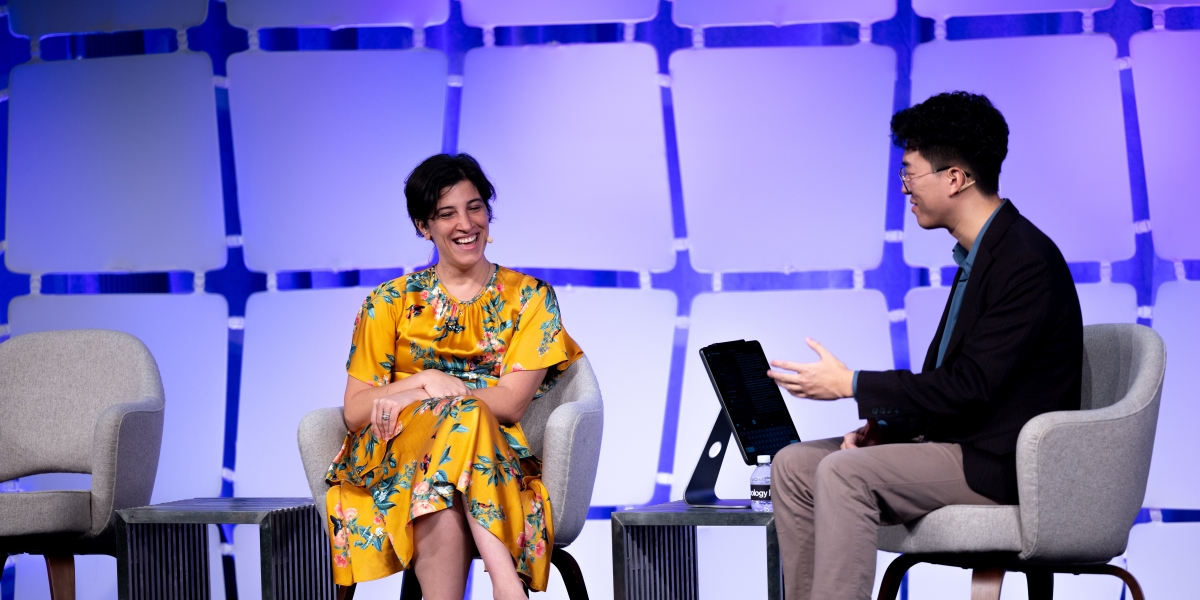
11.40 There are still academic interactions between the US and China, and a ton of collaboration between AI researchers on the authorship of papers, despite the ongoing chip war, says Sheehan.
“Even though we’re seeing a lot of very direct connections and collaborations get severed, there’s still a lot of intellectual engagement.”
Although the Chinese tech industry has a reputation for intense secrecy, a lot of misunderstanding about what Chinese platforms are up to is because the US tech industry doesn’t know itself, he adds.
“The average person in, say, a big platform company [such as Facebook, Twitter or YouTube] in the US doesn’t think they need to be keeping up with what’s happening at Tencent or Baidu, or whatever,” he says.
11.37 Our very own Zeyi is an expert on all aspects of US-China relations through a tech lens. Take a look inside how the US’s recent decision to restrict exports of its EDA software, which is used to design and create ever more complex computer chips, is expected to affect China, and how an obscure Chinese e-commerce platform became America’s most popular shopping app.
11.31 We’re now going to talk about the tricky relationship between the US and China. We’re going to hear from Yangyang Cheng, a research scholar in Law and Fellow at Yale Law School’s Paul Tsai China Center, and Matt Sheehan. a fellow at the Carnegie Endowment for International Peace.
Cheng’s work focuses on the development of science and technology in China and US?China relations, while Sheehan researches China’s artificial intelligence ecosystem and global technology trends.
11.30 Crypto assets are very different, Smith says. “Bitcoin, for a long time, was perceived to be a counter to inflation, but now it seems to be a leading indicator of: ‘are we risk on, or risk off?’
11.20 Beyond the States, Europe’s efforts to regulate crypto have been quite comprehensive, Smith says. “What is interesting about this, the EU is looking at a four year time period for how to regulate decentralized finance,” she says.
“It’s a little bit more chaotic in the US, we like to battle things out in court,” she jokes. “If we get through this year without any regulation, I think there will be a more organized, concerted effort to get it in place.”
11.10 Right now, we’re at a new stage of crypto policy says Smith. Halloween marked the 14th anniversary of the first bitcoin white paper, she points out, explaining that agencies are trying to test the limits of their authority, and that we’re also seeing proactive litigation coming from the industry when agencies fail to act.
Congress has realized there are gaps in the legal regulatory structure when it comes to crypto, and they’re working to fill those gaps with legislation, she adds.
11.00 Welcome back! We’re now moving onto the thorny subject of crypto policy, and the risks and opportunities presented by this new world of digital finance. Our China reporter Zeyi Yang will be helming the next group of discussions.
Our first speaker is Kristin Smith, the executive director of the Blockchain Association, the Washington DC-based trade association representing more than 90 of the industry’s leading companies.
